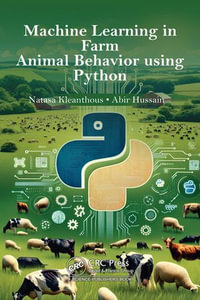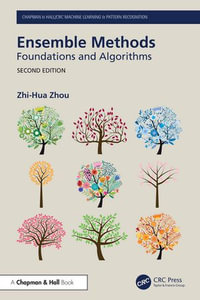Why choose an eTextbook?
Instant Access *
Purchase and read your book immediately
Read Aloud
Listen and follow along as Bookshelf reads to you
Study Tools
Built-in study tools like highlights and more
* eTextbooks are not downloadable to your eReader or an app and can be accessed via web browsers only. You must be connected to the internet and have no technical issues with your device or browser that could prevent the eTextbook from operating.
ISBN: 9789819609505
ISBN-10: 981960950X
Published: 2nd March 2025
Format: ePUB
Language: English
Publisher: Springer Nature
You Can Find This eBook In
Non-FictionEngineering & TechnologyElectronics & Communications EngineeringElectronics EngineeringAutomatic Control EngineeringEnergy Technology & EngineeringElectrical EngineeringReference, Information & Interdisciplinary SubjectsResearch & InformationInformation theoryCybernetics & Systems TheoryLibrary & Info Sciences
This product is categorised by
- Non-FictionEngineering & TechnologyElectronics & Communications EngineeringElectronics EngineeringAutomatic Control Engineering
- Non-FictionEngineering & TechnologyEnergy Technology & EngineeringElectrical Engineering
- Non-FictionReference, Information & Interdisciplinary SubjectsResearch & InformationInformation theoryCybernetics & Systems Theory
- Non-FictionLibrary & Info SciencesLibrary & Information Services
























